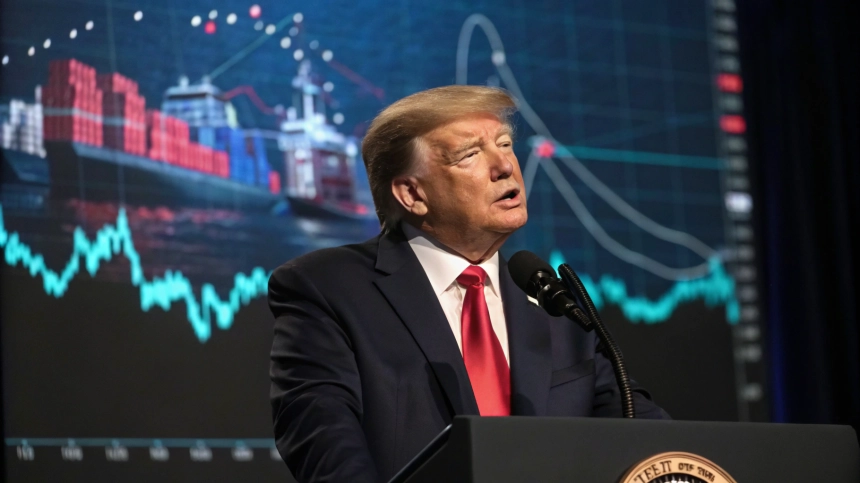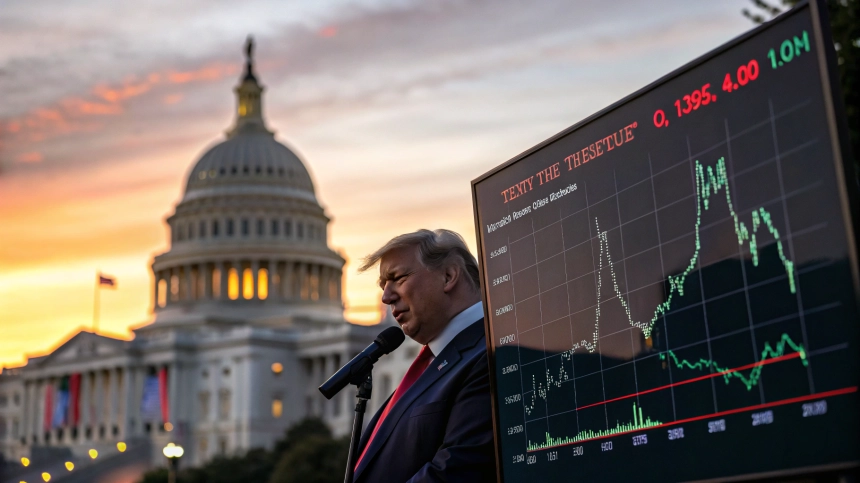As the U.S. Congress intensifies discussions on the *national reserve* plan for Bitcoin (BTC) as a strategic asset, debates about the 'nationalization' of private companies are heating up. After former President Trump signed the Bitcoin strategic reserve order in March, the proposal to convert approximately $9 billion (about 12.51 trillion won) of seized Bitcoin into national assets has become a hot issue in political and industry circles.
The core of this discussion is a proposal to establish a strategic Bitcoin reserve system by nationalizing some cryptocurrency companies in the U.S.—such as MicroStrategy and Riot Blockchain. Industry experts have shown mixed perspectives on this matter.
Cryptocurrency analyst and economic strategist Lyn Alden warned that *forced nationalization* of private companies could lead to serious property rights infringement. She pointed out that "if such measures become a reality, it could cause global funds to flee and lose trust in investing in the U.S. for decades to come." Alden's concerns go beyond legal issues, potentially damaging the investment attractiveness of the United States.
In contrast, prominent Bitcoin supporter Willy Woo expressed support for these moves. He proposed a specific design plan for the U.S. to implement strategic Bitcoin holdings, and Max Keiser, known as a Bitcoin pioneer, also supported the proposal, calling it a "roadmap worth considering." Keiser particularly warned that "if Russia and China adopt this strategy first, they could hold 1 million BTC, which might trigger a 'hash war'."
Both inside and outside the industry, there are predictions that the U.S. could potentially absorb private companies' assets as strategic reserves, especially given recent cryptocurrency legislation and the pro-cryptocurrency stance of Trump, who might be re-elected. The blockchain regulatory reforms and digital asset legislation implemented in 2025 also lend credibility to this scenario.
However, the impact of such a policy on the U.S. economy and cryptocurrency market is complex. National Bitcoin holdings could provide financial benefits such as debt reduction and inflation response, but there are also criticisms that the government could control the market and undermine the 'decentralization' philosophy of cryptocurrencies.
Experts note that beyond the U.S., countries like El Salvador, China, Bhutan, and the UK are operating Bitcoin as strategic assets or legal tender in different ways. Particularly, the U.S. 'seized asset-based strategic reserve' differs from El Salvador's direct purchase approach.
Whether the U.S. under Trump's leadership can successfully establish Bitcoin as a core national asset is a matter of time. However, the mere fact that the U.S. has formalized discussions on *Bitcoin nationalization* has already caused significant ripple effects in the global market. A balanced approach to protecting market trust, autonomy, and public freedom is more crucial now than ever.
Real-time news...Go to TokenPost Telegram
<Copyright ⓒ TokenPost, Unauthorized Reproduction and Redistribution Prohibited>





